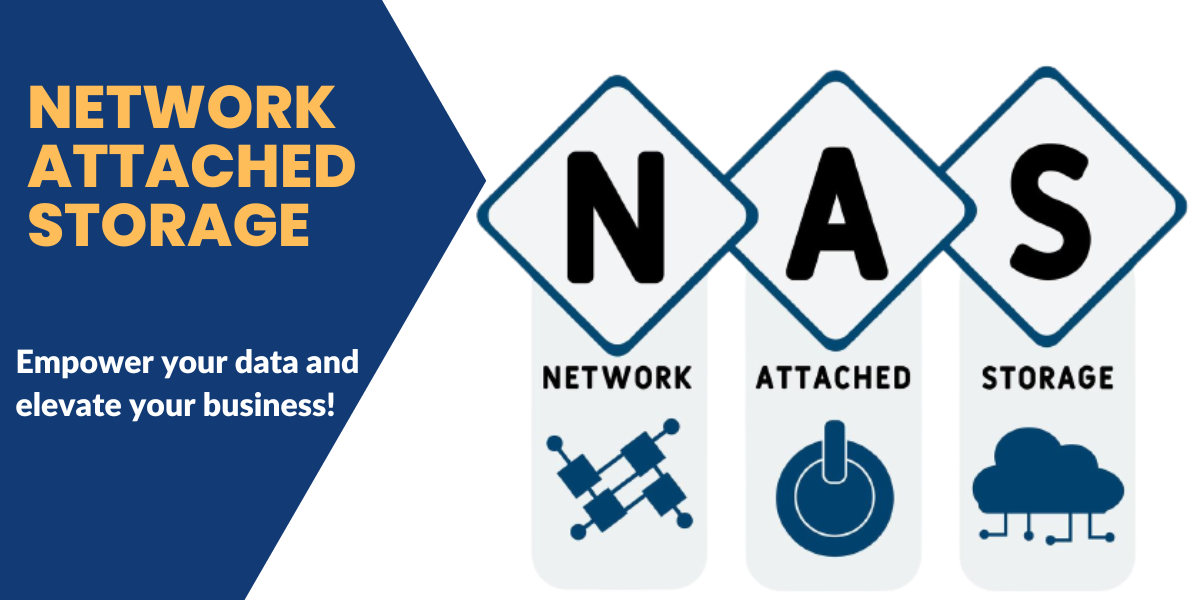
Introduction:
The world is more connected than ever before, and businesses are consistently looking for ways to manage their data storage requirements. In the past, data storage solutions were primarily deployed on-premise or through cloud storage services. However, in recent times, more and more businesses are leveraging Network Attached Storage (NAS) to enhance their data storage capabilities. It allows companies to access their data from anywhere across the globe, collaborate with other businesses, and keep the data secure. In this blog post, we will dive deep into NAS and why it is an effective solution for your business data storage needs. We will walk you through what NAS is, its benefits for businesses, and how to take advantage of NAS.What is Network Attached Storage (NAS)?
Network Attached Storage, or NAS, is a device that connects to your network, allowing multiple users to share and store data at a central location. NAS Solutions ensure that your data is accessible, secure, and easy to access from anywhere. Compared to other data storage systems, such as cloud storage or on-premises storage, the setup cost and management of NAS is relatively low, making it an affordable option for businesses.Benefits of NAS for Businesses
Scalability: NAS allows businesses to increase their data storage capacity with ease. As your business grows, you can simply add more drives to your NAS device to increase your storage capacity as required. Cost-Effective: With NAS, your company can save money on storage costs. With a NAS device, there’s no need to invest in separate disks, servers, or infrastructure. The device is plug-and-play, meaning you can start using it right after it is set up without any additional hardware or software purchases. Improved collaboration: NAS is an excellent option for businesses working remotely, as it has remote access capabilities. It allows staff located in different regions to work together on a single project, enabling seamless collaboration without being in one physical location. Data Recovery Capabilities: NAS systems often come with backup and recovery systems to protect and recover lost data. NAS devices store data across multiple hard drives, which enhances their reliability and improves data recovery in case of a disk failure. Security: NAS typically has built-in security systems such as encryption, password protection, and user-based access control. Some latest NAS devices come with in-built firewalls to prevent external threats such as hacking, and viruses from damaging your stored data.How to take advantage of NAS
If you’re looking to take the leap and start using NAS for your business data storage needs, there are a few things to consider:- Choose the right NAS device that suits your business needs.
- Plan reliable backups and recovery processes.
- Train staff to use NAS appropriately.
- Use strong security systems to protect your data.








